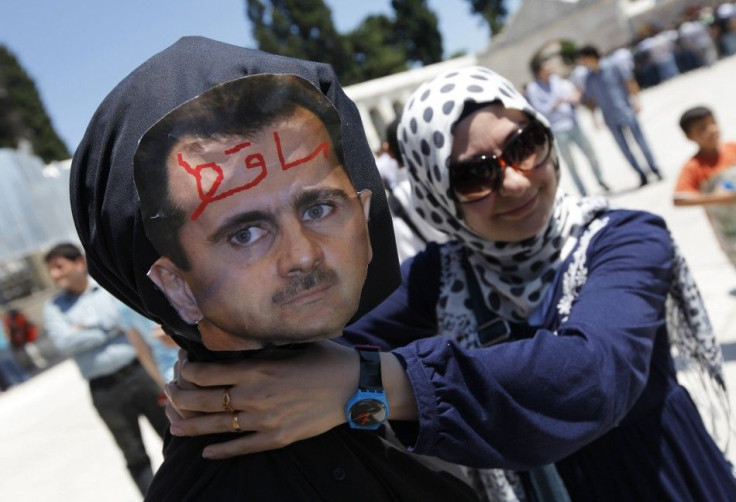Assad's army gathers on Turkish border

As mass anti-regime protests continue to swell in Syria, President Bashar al-Assad's government has reacted violently. Security forces used tear gas and live fire to turn back demonstrators in cities across the country. At least 15 people have died in the clashes so far.
Meanwhile, thousands more displaced Syrians have fled across the border to Turkey, where the Turkish government has built refugee camps for the more than 10,000 Syrians who have arrived.
In the past 24 hours, at least 1,500 more people have crossed the border.
The Syrian army is massing on the Turkish border, intimidating fleeing refugees and causing international concern.
If true, that aggressive action will only exacerbate the already unstable refugee situation in Syria, US Secretary of State Hilary Clinton stated.
Unless the Syrian forces immediately end their attacks and their provocations that are not only now affecting their own citizens but (raising) the potential of border clashes, then we're going to see an escalation of conflict in the area.
Continuing in his contention that saboteurs and armed gangs are responsible for the unrest in his country, President Assad said that the military confiscated a large shipment of weapons in the city of Latakia, which was recently occupied by government forces.
The most recent wave of demonstrations came days after Assad delivered his first televised address in months. Assad promised to begin thinking about constitutional reform. Four months into the protests, Assad's continual display of force belies his willingness to negotiate.
According to rights organizations, a total 1,300 people have been killed since demonstrations began in March.
© Copyright IBTimes 2024. All rights reserved.











